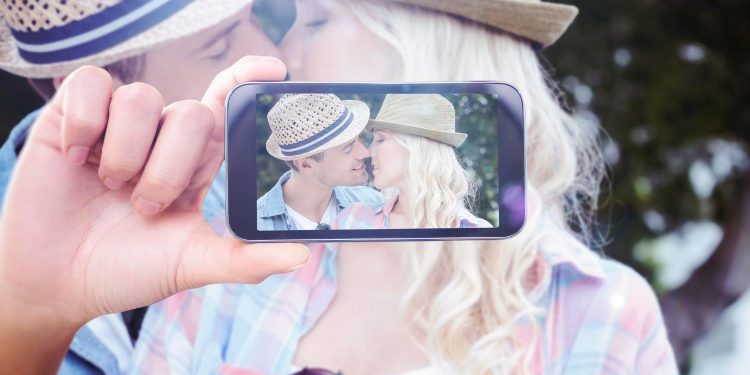In a world where Instagram filters reign supreme, pursuing authentic beauty has become a daunting challenge.
But how do we define authentic beauty in a world where filters and editing tools are readily available? This is the central question explored in “The Instagram Effect.”
We’ll dive into the impact of social media on our self-image, exploring the challenges of achieving true authenticity in a world where perfection is often portrayed as the norm.
The Pressure to Conform
Instagram influencers have established themselves as experts or authorities in beauty and fashion. They curate their feeds with highly edited and filtered images that conform to unrealistic beauty standards, such as crystal clear skin, slim physic, and a perfectly symmetrical face.
Such images create an idealised version of beauty that’s unattainable for many people, and the pressure to conform to these standards is overwhelming. This is especially dangerous to young women still developing their sense of self.
Research has shown that exposure to highly curated social media feeds leads to negative body image, decreased self-esteem, and an increased desire for cosmetic procedures.
Take the trend of “Instagram face,” for instance. This highly edited and filtered look involves prominent cheekbones, a small nose, plump lips, and smooth skin. Many women are now seeking out risky cosmetic procedures, like fillers and Botox, to get this look.
The Mental Health Impacts
Studies have linked social media use to mental health issues like anxiety, depression, and body dissatisfaction.
Social media encourages us to engage in unhealthy behaviours to achieve unrealistic beauty standards that celebrities set. For example, some people turn to extreme dieting, over-exercising, or dangerous cosmetic procedures in an attempt to conform to these standards. This leads to physical and mental health issues such as eating disorders and body dysmorphia.
For example, the Instagram trend of “fitspiration” encourages people to pursue fitness and healthy lifestyles. However, many fitspiration accounts feature unrealistic body types that convince people to overwork themselves or take unhealthy shortcuts just to achieve such goals.
Finding Your True Beauty
Cultivating self-acceptance and self-love is a crucial step in finding your true beauty. This means embracing your strengths and weaknesses and accepting yourself as you are. One way to do this is by shifting your focus from external to internal validation. Instead of seeking approval from others, focus on your own values and what makes you happy.
You can also cultivate self-acceptance through self-care activities, such as exercise, meditation, and spending time in nature. Caring for your physical, mental, and emotional health helps you feel more confident and comfortable in your own skin.
Practical tips for finding and embracing authentic beauty include accepting individuality, cultivating a positive mindset, and surrounding yourself with positive influences. For example, instead of following social media accounts promoting narrow beauty standards, seek out accounts celebrating diversity and promoting body positivity like the #NoFilter movement. This movement encourages individuals to post unedited photos of themselves on social media, promoting authenticity and self-acceptance.
Challenging Narrow Beauty Standards on Social Media
Social media often perpetuates narrow beauty standards that exclude individuals who do not fit the conventional mould. To challenge these standards and promote a more inclusive definition of beauty, we must celebrate diversity in race, ethnicity, body type, and other aspects of identity.
We also need accurate representation in promoting inclusivity on social media. When individuals see people who look like them represented in media, it can significantly impact their self-esteem and sense of belonging.
This is especially important for underrepresented groups, such as people with disabilities, LGBTQ+ individuals, and individuals from marginalised communities.
Beyond Skin Deep
We should embrace our unique qualities and celebrate our individuality rather than conforming to idealised and unattainable beauty standards. While it’s clear that social media has the potential to perpetuate unrealistic beauty standards, there’s hope that we can redefine our understanding of beauty and strive for a more positive and authentic relationship with our appearance.






